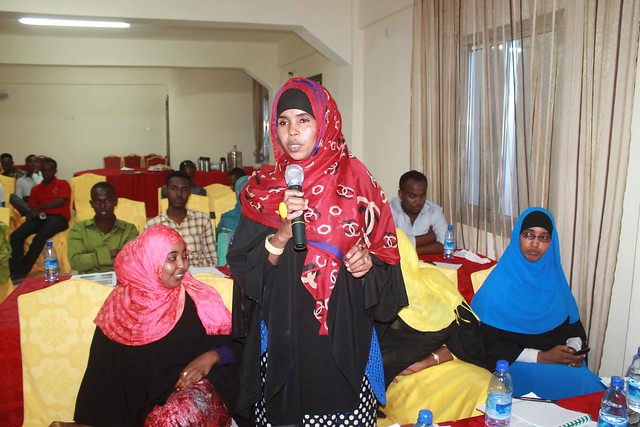Journalists are regular targets of online attacks and female journalists face a double-burden: being attacked as journalists and as women.
Threats of rape, physical violence and graphic imagery show up in their inboxes and on their social media platforms as they go about their workday. In extreme cases these attacks lead to self-censorship or worse: women retreating from the public sphere, leaving the male dominated field of journalism with even fewer female voices.
Many women prefer not to speak out about the specific difficulties and dangers to which they are exposed in connection with their work. But a worldwide study published IN 2015 by the International Women’s Media Foundation (IWMF) spoke for itself.
Nearly two thirds of the 977 women journalists questioned in the IWMF survey said they had been the victims of intimidation, threats or abuse in connection with their work. In a third of the cases, the person responsible was their boss.
MAIN THREATS FACED BY WOMEN IN NEWS:-
– Male dominance,
– Family restrictions,
– Unfavorable workplace environment,- Lack of training facilities,
– Lack of security and
– Inflexible working hours.
NO WOMAN’S LAND: ON THE FRONTLINE WITH FEMALE REPORTERS
The International News Safety Institute (INSI) 2012: requests for advice and safety tips for women working in dangerous situations.Nobody can guarantee your safety in all situations at all times. But using common sense, being prepared, and remaining watchful at all times can save your life.
Women are treated as a “third gender”.
WHAT SOMALI FEMALE JOURNALISTS FACE
Like their male colleagues, they are the targets of threats, intimidation, physical violence and even murder because of their reporting.
– Cultural stigma
– Sexual harassment
– Risk of rape / abuse / abduction when on assignment at field work (CASE STUDY Amanda Lindhout: A journalist who was kidnapped, tortured and raped for 15 months in Somalia in Aug. 2008 – Nov. 2009).- Working in night shift could mean a safety risk for women.- Vulnerability to violence compared to male counterpart.


